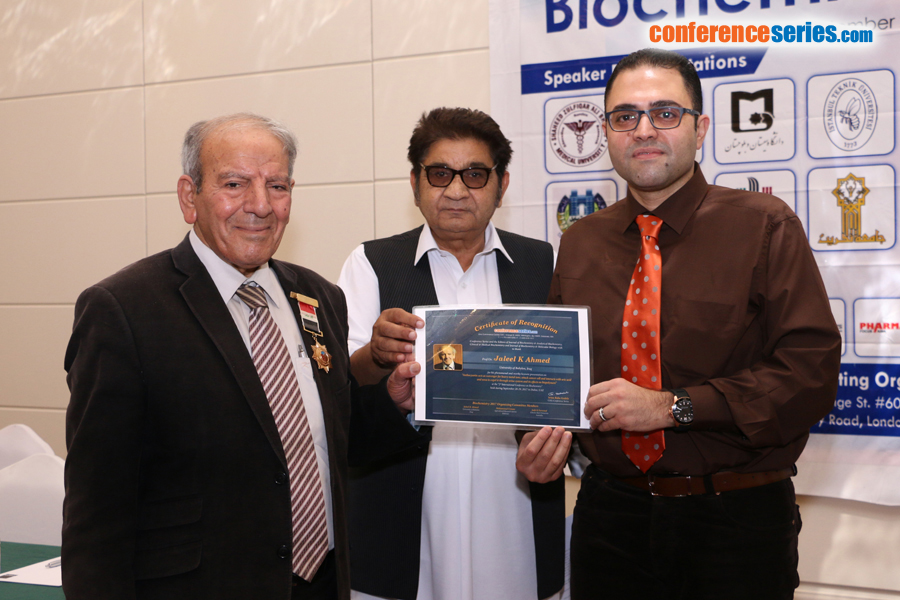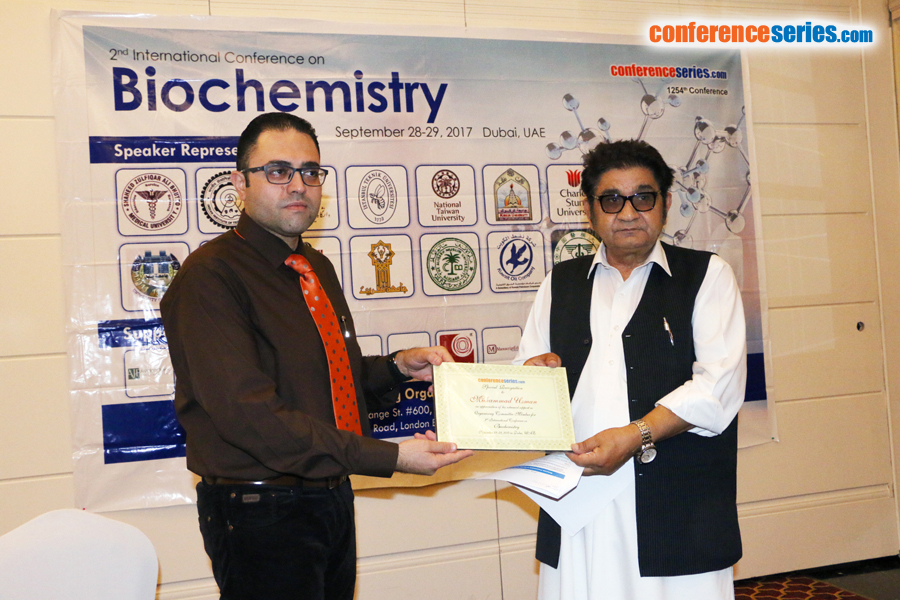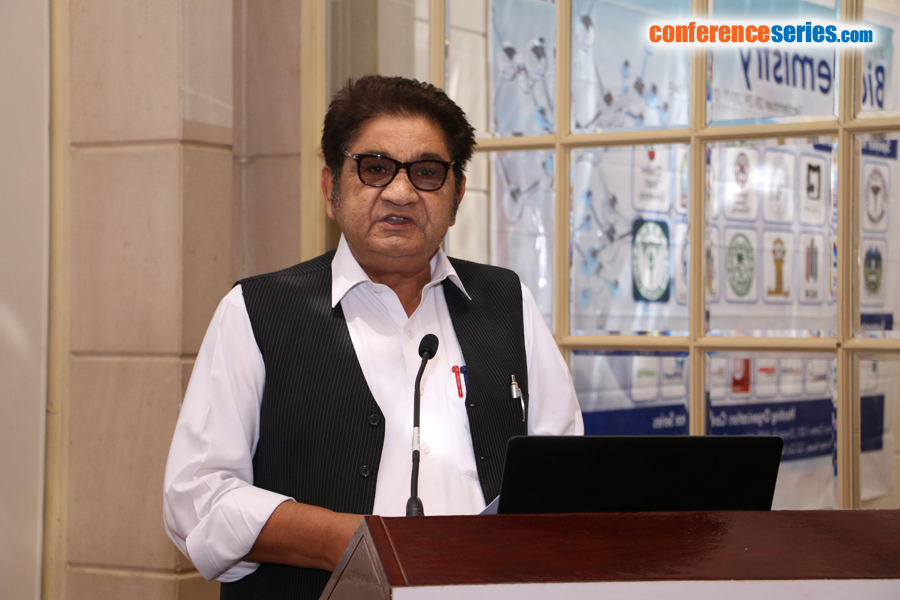
Muhammad Usman
Agricultural Research System, Pakistan
Title: Biochemistry is the most powerful and sustainable tool for the improvement of health, reduction in poverty and hunger in the world
Biography
Biography: Muhammad Usman
Abstract
Biochemistry is the division of science that explores the chemical processes within and related to living organisms, it is a laboratory based science that brings together biology and chemistry. By using chemical information and procedures, biochemists can understand and solve biological problems. Biochemistry plays and important in nutrition and health. Similarly, biochemistry in general deals with body substance like enzymes, carbohydrates, amino acids, fats, proteins, hormones, DNA, RNA, pigments, etc. It is used in clinical diagnosis, manufacturing of various biological products, treatment of diseases, in nutrition, agriculture, etc. Biochemistry is the study of biological processes that occur in cells and organisms. Carbohydrates, lipids, proteins and nucleic acids are the most common biological molecules studied by biochemists. Biochemistry also encompasses the science of molecular biology. This includes immunochemistry, neurochemistry and bioinorganic, bioorganic and biophysical chemistry. Biochemistry is applied in various areas, including medicine, dentistry, industry, and agriculture and food science. Sustainability means the ability or capacity of something to be maintained or sustain itself. If any activity is said to be sustainable, it should be able to continue forever. In the light of the above study it is reported that biochemistry absorbing millions of technical and nontechnical people, create employment; generate income which consequently reduced poverty and hunger in the world. Keeping in view the importance of the biochemistry on sustainable way, it is proposed to commercialize all the field of the biochemistry in the world as it is the most powerful and sustainable tool for reducing global poverty and hunger in the world.



